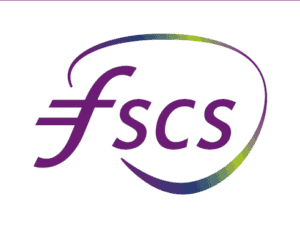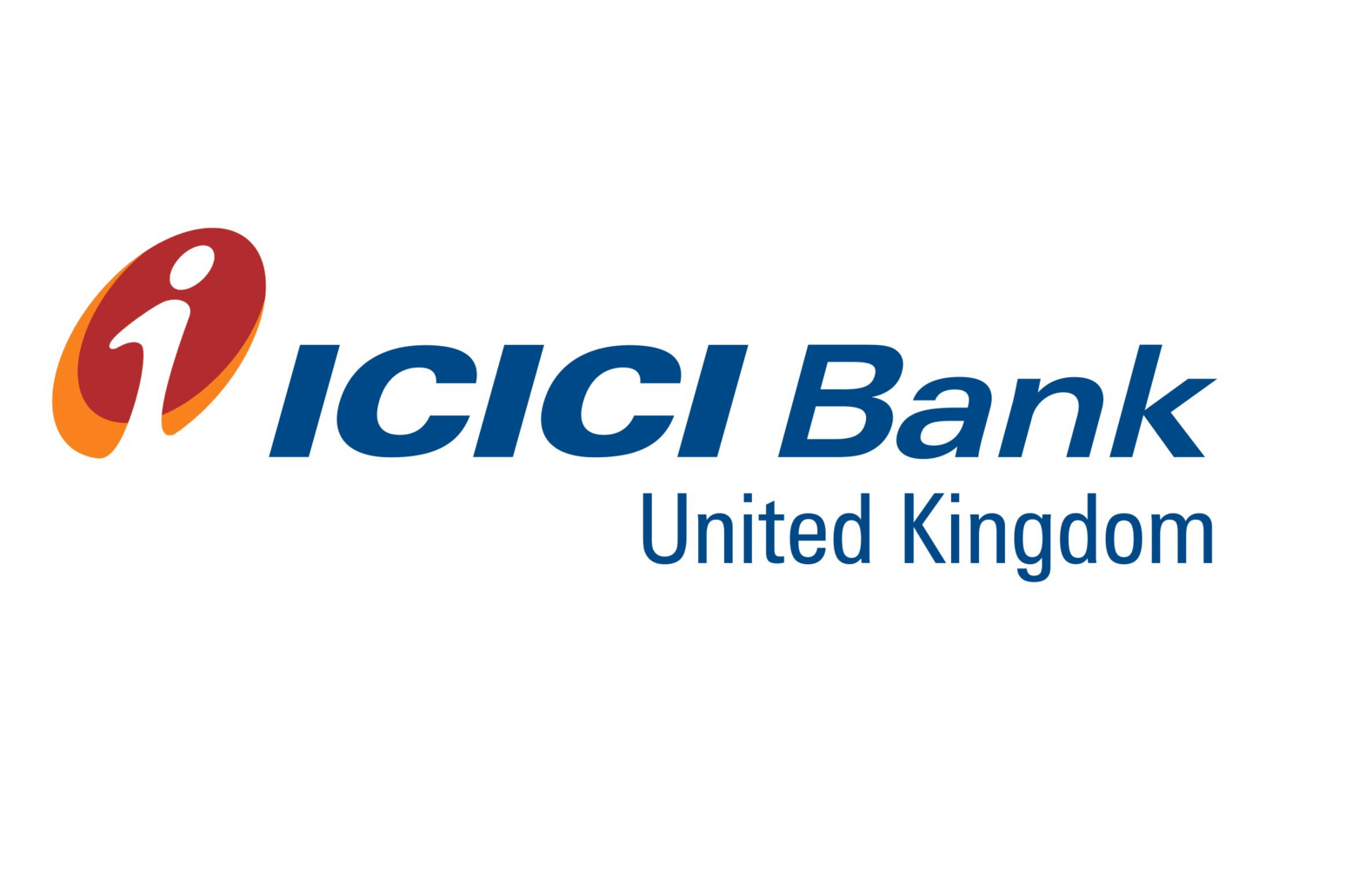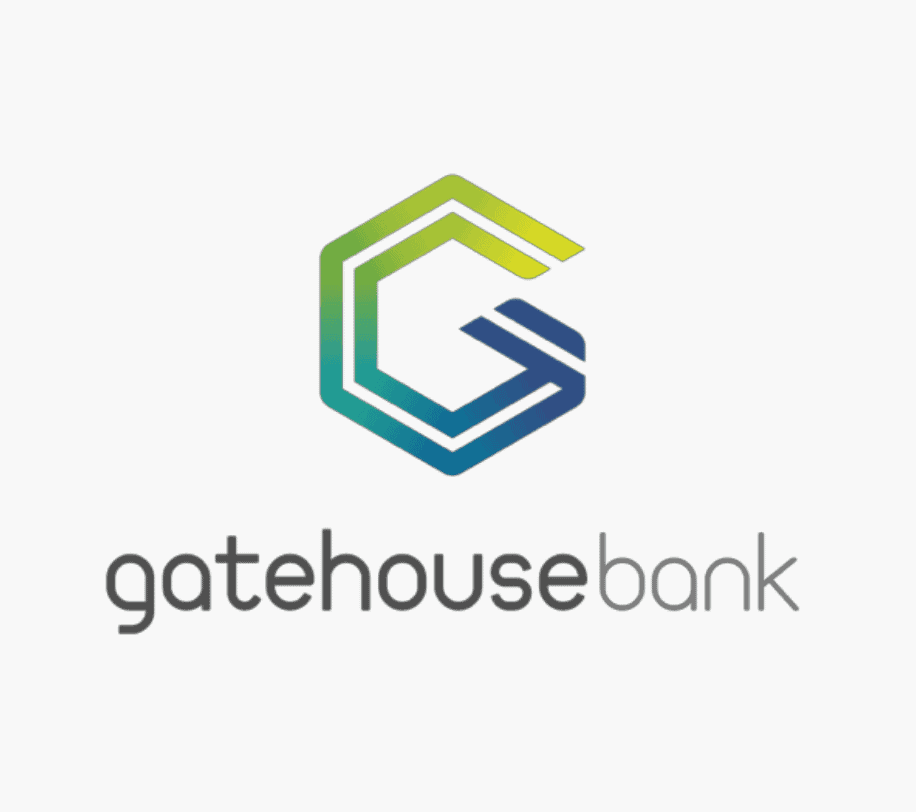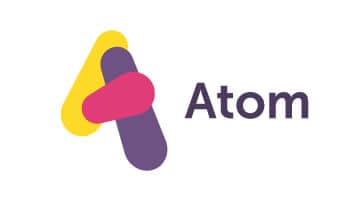Top 5 Savings Bonds For 2021

If you’ve got some spare cash in a savings account and not sure what to do with it, then you might want to consider investing in savings bonds. Although the yield rates on offer are rather low in comparison to other financial assets, they offer a safe and secure mechanism to earn regular interest.
However, knowing which savings bonds to invest in is no easy feat, not least because there is so much to consider. Whether it’s the length of the bond agreement, the strength of the company issuing them, or the rate being offered, it is important that you have a firm understanding of how savings bonds work.
In this comprehensive guide on savings bonds, we’ll cover everything you need to know. This will include a breakdown of what savings bonds are and how they work, how much you are likely to make, and how you can get started with an investment today.
-
-
Featured Bonds Broker 2020

- Minimum deposit and investment just $5
- Access to Bonds, as well as Stocks and Funds
- Very user friendly platform

What are bonds?
Before we explain what savings bonds are, it is important that you first have an understanding of what a bond actually is. In its most basic form, investment bonds are issued by companies and governments as a way to raise money. When you buy one of the bonds that they issue, you are essentially lending them capital.
In return for parting with your hard-earned cash, the issuer will pay you interest, which is usually paid at the end of each year. Each bond agreement will also have a fixed term attached to it. At the end of the term, which is known as the maturity date, you will receive your original investment back in full.
For example, let’s say that you invest £5,000 into a bond that pays 2% per year, with a term of 3 years. At the end of each year, you receive 2% in interest payments, which amounts to £150 per year. Once the bond expires, which is after 3 years, you’ll then receive your £5,000 back.
That means that you would have made £450 in interest payments on your original £5,000 investment.
So now that you know what bonds are, let’s take a look at how savings bonds work.
What are savings bonds?

When it comes to savings bonds, these operate in much the same way as any other bond. However, they are often attached to savings accounts offered by banks and building societies.
In most cases, this is a way to get you to deposit your savings with a particular institution, and return, they’ll offer you a higher rate of interest than you would otherwise get in a traditional current account.
The important thing to remember is that the savings bonds offered by financial institutions will not allow you to withdraw your money before the bond term matures. Even if a bank or building society does allow you to cash out early, you’ll likely receive less than you originally invested.
As such, you should only ever invest in savings bonds if you are prepared to forget about the money until the bond expires.
How long do savings bonds last for?
When you start your search for savings bonds, you will need to consider for how long you want to invest. This is known as the maturity date, which is expressed as months or years. In most cases, savings bonds are available at a minimum period of one year, however, this is usually longer. Savings bonds rarely exceed five years.
The general rule of thumb is that savings bonds with longer terms pay higher rates of interest. The main reason for this is that technically speaking, the longer the bank or building society has to pay you back, the higher the risk of them defaulting.
How much can I make when I invest in savings bonds?
When we assess how much we are going to make from an investment in bonds, this is expressed as the yield. In layman terms, the yield is the annual interest that you will make from your investment, and it’s represented as a percentage. For example, if the yield on the savings bond is 3.5%, then this is the amount that you will be paid in interest every year.
The yield is one of the most important factors that you need to evaluate when assessing whether or not to invest in savings bonds.
A good starting point is to assess how much risk is attached to the investment. For example, if you are buying savings bonds from a brand new building society that doesn’t have much of an established record in the UK, then you should expect a higher yield in comparison to a reputable bank.
In most cases, you can expect to make between 1-3% per year when investing in savings bonds.
How do savings bonds work?
As we mentioned earlier, savings bonds are usually offered by banks and building societies. As such, you’ll likely need to open an account with the specific financial institution in order to benefit from the bonds on offer. However, this isn’t always the case, as some providers will allow you to buy savings bonds without opening an account.
Once you’ve opened the account, you will then need to transfer the money over to the bank. At this point, you will be the rightful owner of the savings bonds.
Depending on the frequency of the payments (annually or quarterly), you will then receive interest from the bank for the duration of the bond agreement.
At the end of the term, the bank will then repay the full amount that you originally invested. This will either be transferred to a low-interest paying account with the same institution or to a bank account of your choosing.
Are savings bonds safe?
Regardless of the asset that you choose to invest in, there will always be an element of risk attached to it. However, in the case of savings bonds, these are virtually risk-free for two key reasons.
Firstly, you need to consider that you are lending money to a financial institution. These will be banks or building societies with an established reputation. Even if the bank is relatively new, or it’s a foreign bank set up in the UK, the institution will be heavily regulated.
In this sense, the only way that the bank or building society wouldn’t pay you back is if they were no longer trading. However, the good news for you is that even if this was the case, you would likely be covered under the Financial Services Compensation Scheme (FSCS).
For those unaware, the FSCS was set up by the UK government in response to the 2008 financial crisis to protect the bank account savings of UK citizens. As of 2021, the FSCS will protect savings of up to £85,000, should the financial institution go bankrupt.
However, it is important to remember that not every bank is protected under the scheme, so always check this first.
What are the pros and cons of investing in savings bonds?
Pros
- Earn fixed interest on your savings
- Higher yields than traditional bank accounts
- Very safe asset class
- Some savings bonds are protected by FSCS
- Choose the risk you’re comfortable with
Cons
- Penalized if you try to cash in the bonds early
Best savings bonds in 2021
If you’re looking to start investing money in savings bonds, then you’ll be pleased to know there are thousands to choose from. However, this can make it difficult to know which ones to pick. To give you an idea as to some of the savings bonds available, we’ve listed 5 of the best.
1. ICICI Bank UK – 2.4% – 3 years
ICICI Bank UK is a multi-purpose financial service company that specializes in corporate, business and banking products. The organization was first launched in 2003 and they now serve clients throughout the UK and Europe. Although you might not have heard of ICIC Bank UK, the institution is covered by the FSCS protection scheme.
This means that your savings bonds are protected by up to £85,000, which essentially makes the investment risk-free. In terms of the fundamentals, ICICI Bank UK will pay you a yield of 2.40% annually, which is distributed once per year. The term of the savings bond agreement is three years. Taking in to account the FSCS protections, and the three-year term, these bonds offer excellent value.
Our Rating
2. QIB (UK) – 2.05% – 1 year
QIB (UK) is a UK based organization that specializes in financing real estate projects. As a diversified company, they are also involved in personal savings products, including that of its savings bonds. The key point here is that QIB (UK) are not only regulated by the Financial Conduct Authority (FCA), but their savings bonds are fully protected by the FSCS scheme up to £85,000.
Once again, this makes your savings bonds risk-free up to £85,000. In terms of what you can earn, QIB (UK) pays a remarkable 2.05%. The reason we use the word remarkable is that the term of the savings bond agreement is just 1 year. This is great for those of you that want to save money, but don’t want the funds tied up for too long.
Our Rating
3. Al Rayan Bank – 2.42% – 2 years
Al Rayan Bank launched in the UK in 2004. The main premise of the organization is that they offer Sharia-compliant financial services. However, accounts, including their savings bonds, are available to everyone in the UK. If you’re happy to lock your money away for a period of two years, then you can obtain savings bonds with Al Rayan Bank that pay an annual yield of 2.42%.
Due to the nature of Sharia principles, the rate on offer is the expected profits you will make, as Al Rayan Bank are not allowed to offer interest. The minimum investment to obtain these savings bonds is £1,000, and you can fund your account with a bank transfer or cheque. Once the bonds mature at the end of the two-year cycle, you can withdraw the money to an external bank account.
Our Rating
4. Gatehouse Bank – 2.55% – 3 years
Much like in the case of Al Rayan Bank, Gatehouse Bank is a UK based financial services firm that specializes in Shariah-compliant banking. As such, the investment products that the bank offers are expressed as an “expected profit yield”, as it cannot offer interest payments. The bank achieves this by making Shariah-compliant investments on your behalf and then paying you fixed interest payments based on the expected yield.
Gatehouse is now offering UK consumers a three-year fixed-term savings bond at an expected yield of 2.55%. You can invest between £1,000 and £1,000,000, however, you won’t be able to withdraw your funds early. Most importantly, your savings bonds are protected by the FSCS scheme up to £85,000.
Our Rating
5. Atom Bank – 2.03% – 1 year
Atom Bank is known as a challenger bank, as they are looking to make their mark in the digital-only space. They offer traditional banking services via your mobile smartphone, with no need to ever visit a physical branch. Launched in 2014, Atom bank is now a publically listed company. The company is offering a rather tempting savings bond rate of 2.03%. The great thing about this rate is that the term of the agreement is just 1 year. This makes it perfect if you are looking to save in the short-term, and don’t want to lock up your funds for too long.
You can also obtain the bonds with an investment of just £50, all the way up to £100,000. Even better, the interest payments are paid monthly, which allows you to re-invent them elsewhere. Furthermore, and perhaps, most importantly, the Atom Bank savings bonds are protected under the FSCS scheme. As such, your money is protected up to £85,000.
Our Rating
Featured Bonds Broker 2020

- Minimum deposit and investment just $5
- Access to Bonds, as well as Stocks and Funds
- Very user friendly platform

Glossary of Bonds Terms
BondA bond is when companies or goverments need to generate funds and when you invest you will receive you lump sump back with interest at the end of your agreement.
Treasury BondBonds issued by the United States Department of the Treasury to finance government spending.
Treasury NoteA Treasury Note are bonds issued by the United States Department of the Treasury and last up to 10 years.
Treasury SecurityTreasury securities are the bonds issued to investors by the U.S. government
Municipal BondsA Municipal Bond is usually issued by local Governments to finance public projects such as roads, schools, and airports. You will recieve you lump sum and interest back at the end of the term.
Corporate BondsA Corporate Bond is issued by businesses to raise funds for expansions or projects. You will recieve you lump sum and interest back at the end of the term.
Premium BondsA Bond that has no interest rate but your investments are entered into prize draws to win £25 to £1mil.
Savings BondUsually offered by Banks and Building Societies, Saving Bonds will last for a fixed term and earn interest. You are not able to access the money during the fixed term.
Fixed Rate BondsA Fixed Bond will start and end with same Interest Rate.
FAQs
What are savings bonds?
Savings bonds are essentially savings accounts, however, your money is tied up for the duration of the term. You’ll receive regular interest payments until the savings bonds expire, and once they do, you’ll get your initial lump sum investment back.
What is the minimum I can invest in a savings bond
The minimum amount that you can invest will depend on the specific savings bonds. While some require a minimum investment of £1,000, others will allow you to get started with just £50.
How much can I earn from savings bonds?
Savings bonds will typically pay between 1-3%. The amount offered will depend on how established the company is, as well as the length of the agreement. The longer the term of the savings bond, the higher the interest.
Are savings bonds safe?
Savings bonds are one of the safest asset classes in the financial investment space. If you purchase savings bonds from a bank or building a society that is protected under the UK’s FSCS scheme, your funds will be protected up to £85,000.
Do I need to use a broker to buy savings bonds?
Unlike traditional corporate bonds, you won’t, and can’t, use a us or UK top bond broker to purchase savings bonds. The reason for this is that savings bonds are offered by banks and building societies, so you need to invest directly.
Can I cash out my savings bonds early?
In most cases, your money will be locked into the savings bonds until the bonds mature. Even if the savings bonds provider does permit early exits, it is likely that you will receive less than you originally invested. As such, you should only buy savings bonds if you plan to leave the money untouched for the duration of the agreement.
See Our Full Range Of Bonds Resources – Bonds A-Z
Kane Pepi
View all posts by Kane PepiKane holds academic qualifications in the finance and financial investigation fields. With a passion for all-things finance, he currently writes for a number of online publications.
WARNING: The content on this site should not be considered investment advice. Investing is speculative. When investing your capital is at risk. This site is not intended for use in jurisdictions in which the trading or investments described are prohibited and should only be used by such persons and in such ways as are legally permitted. Your investment may not qualify for investor protection in your country or state of residence, so please conduct your own due diligence. Contracts for Difference (“CFDs”) are leveraged products and carry a significant risk of loss to your capital. Please ensure you fully understand the risks and seek independent advice. This website is free for you to use but we may receive commission from the companies we feature on this site.
Copyright © 2026 | Learnbonds.com
We use cookies to ensure that we give you the best experience on our website. If you continue to use this site we will assume that you are happy with it.Scroll Up

















